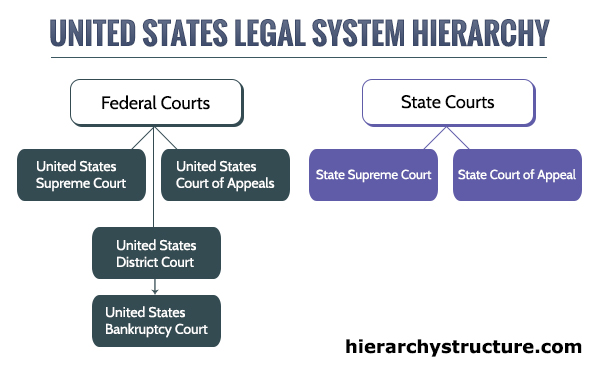Case Summary: Alaska vs. Wright (US) decided on 26 April 2021
The case concerns 28 U.S.C ss. 2241 & 2254 and Sixth amendment.
Author: Utkarsh Agarwal, JMI
Facts:
In 2009, Sean Wright was convicted of committing sexual abuse of a minor 13 times, by an Alaska jury. Wright finished his sentence in 2016 and thereafter moved to Tenessee. However, he failed to register himself as a sex offender as is required by federal law. Sex offender Registration and Notification Act, 120 Stat. 591, section 113 (a) requires a sexual offender to register themselves with the jurisdiction of their residence, where they are an employee ad where they are a student. However, any such failure is punishable with a maximum jail term of 10 years. Wright pleaded guilty for his failure to register and as a result, was sentenced to the term served along with the supervised release of 5 years.
While his federal proceedings were in the process, Wright filed a writ of habeas corpus in the US District Court for the District of Alaska under 28 U.S.C ss. 2241 & 2254. He argued that there is an unreasonable application of law and a clear case of denial of his sixth amendment claims and affirmation of his conviction of 2009.
The district court denied the motion on the face of it, as it held that Wright was not into the 'custody pursuant to the judgement of a state court' as is required by the s. 2254 to grant the writ of habeas corpus.
This view was reversed by the Court of Appeals. It stated that the Wrights' conviction under state law was a necessary predicate to his federal conviction. In this view, Wright was indeed in the custody pursuant to a judgement of a state court. In its view, S. 2254 was the right remedy "because Wright is not attacking the constitutionality of his federal conviction for failing to register as a sex offender in Tenessee; he is collaterally attacking the constitutionality of his predicate Alaska conviction for sexual abuse of a minor. "
Ratio Decidendi:
The US Supreme Court held that the Court of Appeals had erred in its judgement. The s. 2254(a) grants the writ of Habeas Corpus on behalf of the person who is in custody pursuant to the judgement of the state court. However, The court had held in Maleng v. Cook ( 490 U.S. 488 (1989)), that a habeas petitioner doesn't remain in custody under a conviction after the sentence imposed for it has expired fully, merely because that the prior conviction will be used to enhance the sentence in subsequent crimes. "When the second sentence is imposed, it is pursuant to the second conviction that the petitioner is incarcerated and is, therefore 'in custody'." (id. at 492-493)
Wright's state conviction is a basis for his federal conviction and thus it doesn't render him in the custody of a state court. If Wright's second conviction was based on state law, he could have been rightly said to be "in custody pursuant to judgement by the state court."
Writ of certiorari granted.
Comment:
In the above judgement, the Supreme Court has given its interpretation of state court on the basis of law a person is accused of. Here, Wright was convicted under state law in 2009 pursuant to which he was imprisoned and released in 2016 after the completion of his sentence. This point of the event has been interpreted as the end of Wright's custody pursuant to the judgement of state court. His subsequent conviction was under federal law. And, even though, the federal law was applicable to him due to his conviction under state law, his subsequent custody didn't amount to custody pursuant to judgement by the state law. On this basis, his writ of habeas corpus was liable to be set aside as s. 2254(a) was not a proper mechanism.


This one is really informative, thank you for sharing with us
ReplyDelete